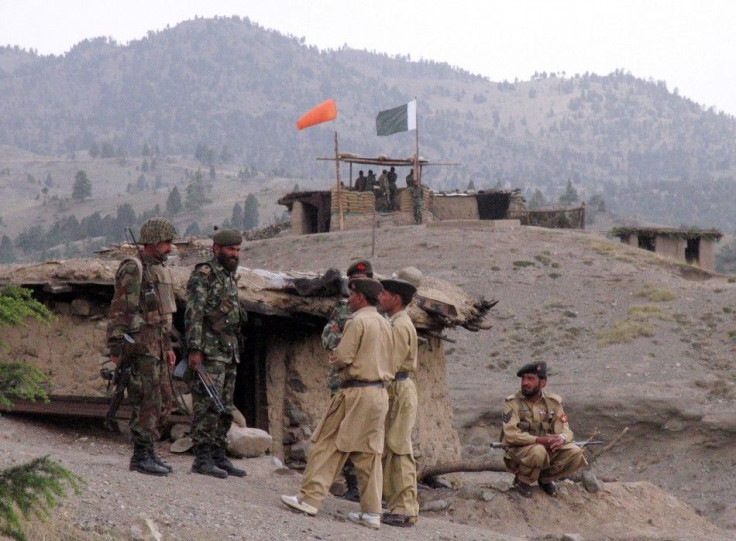Pakistan Hiding Nuclear Arms from U.S.: Report

Pakistan is on a clandestine mission to hide its nuclear arsenal from the Pentagon and is transporting weapons of mass destruction in low-security vans on roads used by civilians, The Atlantic and National Journal report, quoting unnamed U.S. officials.
Following the U.S. raid in Abbottabad May 2 that killed Osama bin Laden, tension between Islamabad and Washington has mounted, with Pakistan warning the U.S. against a new raid to seize its atomic weapons, a forced denuclearization.
The U.S. Embassy in Islamabad acknowledged the existence of potential threats to Pakistan's nuclear warheads from local extremists and said the Pakistani government could do more to enhance its ability to defend its arsenal, the Press Trust of India reported.
However, it has been alleged that Pakistan's Strategic Plans Division's primary task is to hide the nukes from the U.S. spy agencies rather than from Islamic extremists.
Khalid Kidwai, a former general who heads the SPD, has allegedly been strategizing to disperse the nuclear explosive components to secret locations.
Instead of transporting the nuclear parts in heavily secured convoys, atomic bombs capable of destroying entire cities are transported in delivery vans on congested and dangerous roads, in civilian vehicles, said The Atlantic report.
In the report The Ally From Hell, Jeffrey Goldberg and Marc Ambinder argued that Pakistan was an obvious place for jihadists to procure nuclear weapons: Pakistan would be an obvious place for a jihadist organization to seek a nuclear weapon or fissile material: it is the only Muslim-majority state, out of the 50 or so in the world, to have successfully developed nuclear weapons; its central government is of limited competence and has serious trouble projecting its authority into many corners of its territory (on occasion, it has difficulty maintaining order even in the country's largest city, Karachi); Pakistan's military and security services are infiltrated by an unknown number of jihadist sympathizers; and many jihadist organizations are headquartered there already.
But Pakistan swears that the Pentagon need not worry about its nukes landing in wrong hands. An unnamed official of the Inter-Services Intelligence was quoted in the report as saying: Of all things in the world to worry about, the issue you should worry about the least is the safety of our nuclear program.
Though the Pentagon declined to officially comment on the report of the U.S. plans to secure Pakistani nukes, a U.S. military official told reporters in Washington that the U.S. was confident about the weapons' safety.
I believe the Pakistan military arsenal is safe at this time, well guarded, well defended, said the military official, who spoke on condition of anonymity.
Meanwhile, Pakistan has denied the report of U.S. plans to take its nukes, calling it pure fiction.
The statement, issued by Foreign Office spokesperson Tehmina Janjua, said no one should underestimate Pakistan's ability to ensure national security.
The surfacing of such campaigns is not something new. It is orchestrated by quarters that are inimical to Pakistan, the statement said.
Despite the U.S. efforts to ensure Pakistan's allegiance in the war in Afghanistan, Islamabad has had long-standing fears that the Pentagon is planning a raid to secure nuclear weapons.
© Copyright IBTimes 2025. All rights reserved.






















